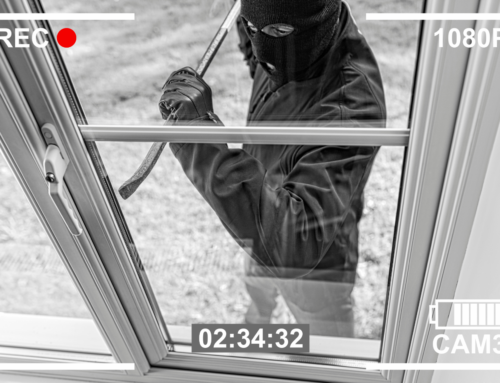Russian Cyber Warfare
On the very first day of ground attacks, Ukrainian government officials were unable to access most government websites, including those for their Parliament, Foreign Ministry, and more. It quickly became evident that it was a result of a DDoS (Distributed Denial of Service) attack by Russian hackers. These attacks work by overwhelming servers with so many illegitimate requests that their infrastructure crashes. Officials also found data-wiper malware on their computers (software that secretly wipes huge amounts of data). It became abundantly clear that cyberspace had become a second battlefield.
Ukrainian Cyber Response
Just as the Ukrainian government asked for volunteer soldiers on the ground, they have also started mobilizing volunteer IT professionals to defend and fight against Russian hackers with counterattacks. International groups are getting involved as well, with Russian government and government broadcaster websites crashing as a result of retaliatory attacks, since credited to the international hacking group Anonymous.
Some hackers are not affiliated with any group or nation, making it difficult to know who is leading the attacks. However, both Ukraine and Russia have fully embraced their cyber defenders and set up chat rooms where hackers can meet, discuss their plans, and receive guidance on next targets.
The Future of Cyber Warfare
Cyber warfare is not new, but the number of hackers involved in this conflict is unprecedented, serving as a reminder that battles will no longer be fought on the ground alone.
For its part, Ukraine is openly working on creating an IT army with hackers of all skill levels. They provided instructions on how people can hide their identities and locations, and have directed them to attack a wide variety of Russian targets, including banks, ATM processors, websites, and telecommunication companies. One cybersecurity company is offering $100,000 to people who can identify flaws in the coding of Russian targets.
For a brief period, these requests were successful as the Russian Foreign ministry, a state controlled bank, and the country’s largest stock exchange were taken offline after a series of calculated attacks.
“Conflict in Ukraine presents perhaps the most acute cyber risk U.S. and western corporations have ever faced.” – Harvard Business Review
International Cybersecurity
With the increase in cyberattacks, many around the world have wondered what that means for other nations, especially those allied against the invasion. According to the Harvard Business Review, both the Cybersecurity and Infrastructure Security Agency (CISA) and the European Central Bank have warned against the risk of potential Russian cyberattacks on financial institutions, key electric and gas sites, and other industries as retaliation for their support of Ukraine.
However, a large-scale attack on the infrastructure of any of the NATO states could activate Article 5 of the North Atlantic Treaty, also known as the mutual defense clause, escalating the conflict and bringing new cyber challenges along with it. This possible consequence might keep Russian hackers away, but we shouldn’t assume that’s the case; if there’s one thing we’ve learned so far, it’s that we can’t underestimate Russian aggression.
If this conflict has you thinking about improving your own cybersecurity, now is the time to act. TCecure provides tailored cybersecurity consulting services that keep our clients and their businesses secure. Contact us today to find out what we can do for you: info@tcecure.com.




